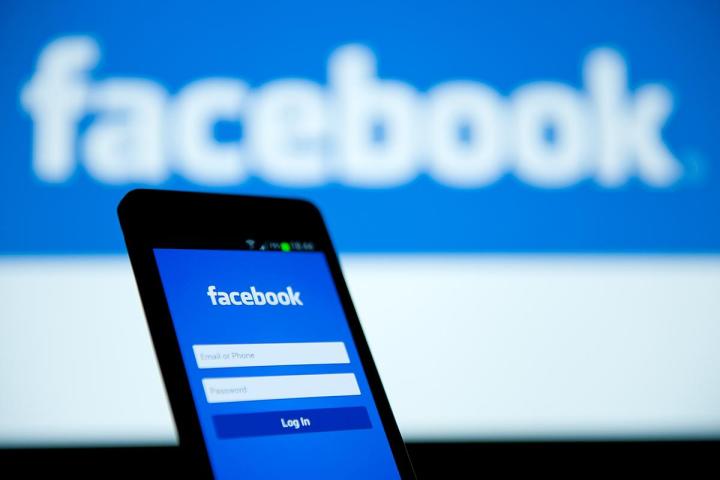
Many people often misinterpret the Constitution’s protected right to free speech, which prevents the government from silencing citizen’s right to free speech. Private companies are another story – you could be fired for misrepresenting the company on social media; this is why many people are warned about speaking out on social media, as it can even prevent you from getting another job. However, the government has stepped in for workers, as social media is considered protected speech, according to the National Labor Relations Act.
Katie Loehrke, editor at Wisconsin-based compliance resource firm J.J. Keller and Associates, told the Pittsburgh Post-Gazette that workers can discuss aspects of their job without retaliation from their employer. “According to the National Labor Relations Act, what constitutes as protected speech is anything that explicitly discusses terms and conditions of employment – whether it relates to how you’re treated at work, wages, breaks, anything that goes to the terms and conditions of your employment is considered protected,” she said. So, it’s okay to complain about how uncomfortable your desk chair is, but it’s not okay to reveal company secrets.
While employees in the public sector are more free social media-wise, they can still face consequences. According to the Houston Chronicle, there are still some limits for public sector employees and what they can say on social media. “Government employees enjoy protection for statements they make as citizens on issues of public concern, unless the speech hurts the government agency’s ability to function. According to the United States Supreme Court in Garcetti v. Ceballos, the First Amendment does not protect statements that a government employee makes as part of the employee’s official job duties,” the article said.
Editors' Recommendations
- Twitter Circle launches globally, but lots of us can’t add anyone yet
- What does it take to make a social media network that doesn’t exploit users?


